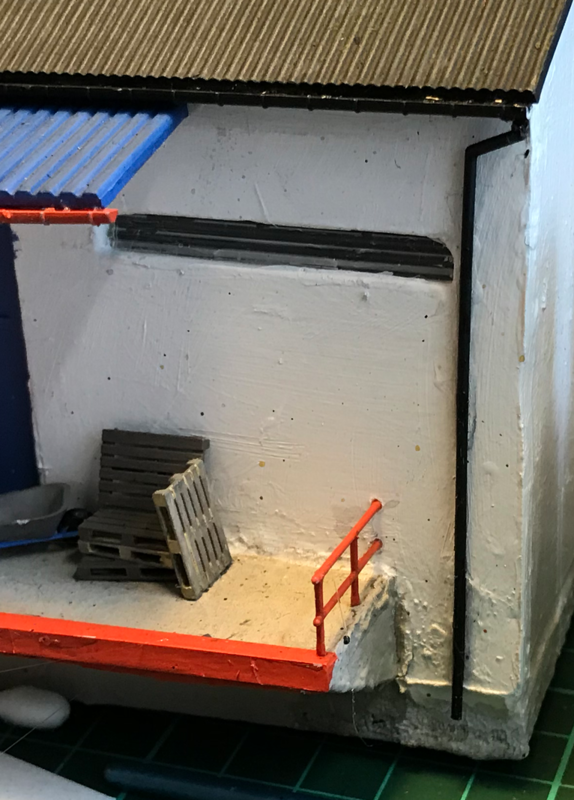Djangocon: accessibility matters: building a better web - Lindsey Dragun¶
(One of my summaries of a talk at the 2018 european djangocon.)
Lindsey runs the DisabledInTech slack channel.
For Web accessibility, see https://www.w3.org/WAI/fundamentals/accessibility-intro/ as a good intro. There are standards to help with accessibility and for many government instances, they’re mandatory.
Disabilities are often grouped in: visual, auditory, motor/physical, cognitive/neurological, language/speech.
There are other (more inclusive!) ways to group: permanent (born blind), temporary (like just being sick!), acquired (like ageing), societal (like lefthandedness). Notice how this comes much closer?
There are alternative input/output tools. Braille displays, eye trackers, foot pedals instead of mouse buttons, etc.
Important: think deeper. Categories can be desceptively simple. Users don’t always fall into just one category.
Examples.
The web is sometimes like the letters at the eye doctor: “read the line with the smallest letters”.
Color contrast.
il1: what is the I, what the L, what the number? Dislexia? Bad font?
Make changes noticable. Feedback in forms, for instance. Which field contained the error?
The above list might make it look like accessibility is easy. It often isn’t.
How do I implement accessibility?
Avoid gimmicks. What’s popular on the web isn’t necessarily handy. Infinite scrolling in combination with a sidebar. When you scroll, you’ll never hit the sidebar again.
Think about how your users use your website.
Avoid user-hostile decisions. Auto-playing audio that’s loud, for instance.
Push back on inacessible decisions. Offer alternatives. Often, the bad decision wasn’t an explicit one.
Do “opposition research”: if your competitor’s website is more accessible, they can gain more customers! Likewise, you can gain customers by being accessible. Disabled persons often exchange information on such websites.
Reach out to your designers (tell them about “universal design”). Your design should take accessibility into account right away. (Everybody is happy about text with good contrast, for instance).
Words are important. Your written content matters as much as your visual content.
Try it out: navigate your own website with just your keyboard!
There are more advantages to accessibillity: good accessibility means good code!. You use the right header levels, for instance. Your css is clean. Google likes you, as the google crawler basically reads like a braille reader does.
There are browser extensions you can use to help you with it (see this older summary for some pointers).
The slides will be at https://dragun.tech/djangoconeu

Photo explanation: details like a railing and some left-over pallets make it look realistic.

Reinout van Rees
My name is Reinout van Rees and I program in Python, I live in the Netherlands, I cycle recumbent bikes and I have a model railway.
- Weblog
- Over mij (NL)
- About me (EN)
- Ligfiets (NL)
- Klussen en doe-het-zelven (NL)
- Eifelburgenbahn (model railway)
- Videos
- Preken (NL)
- PhD (EN)
Weblog feeds
Most of my website content is in my weblog. You can keep up to date by subscribing to the automatic feeds (for instance with Google reader):